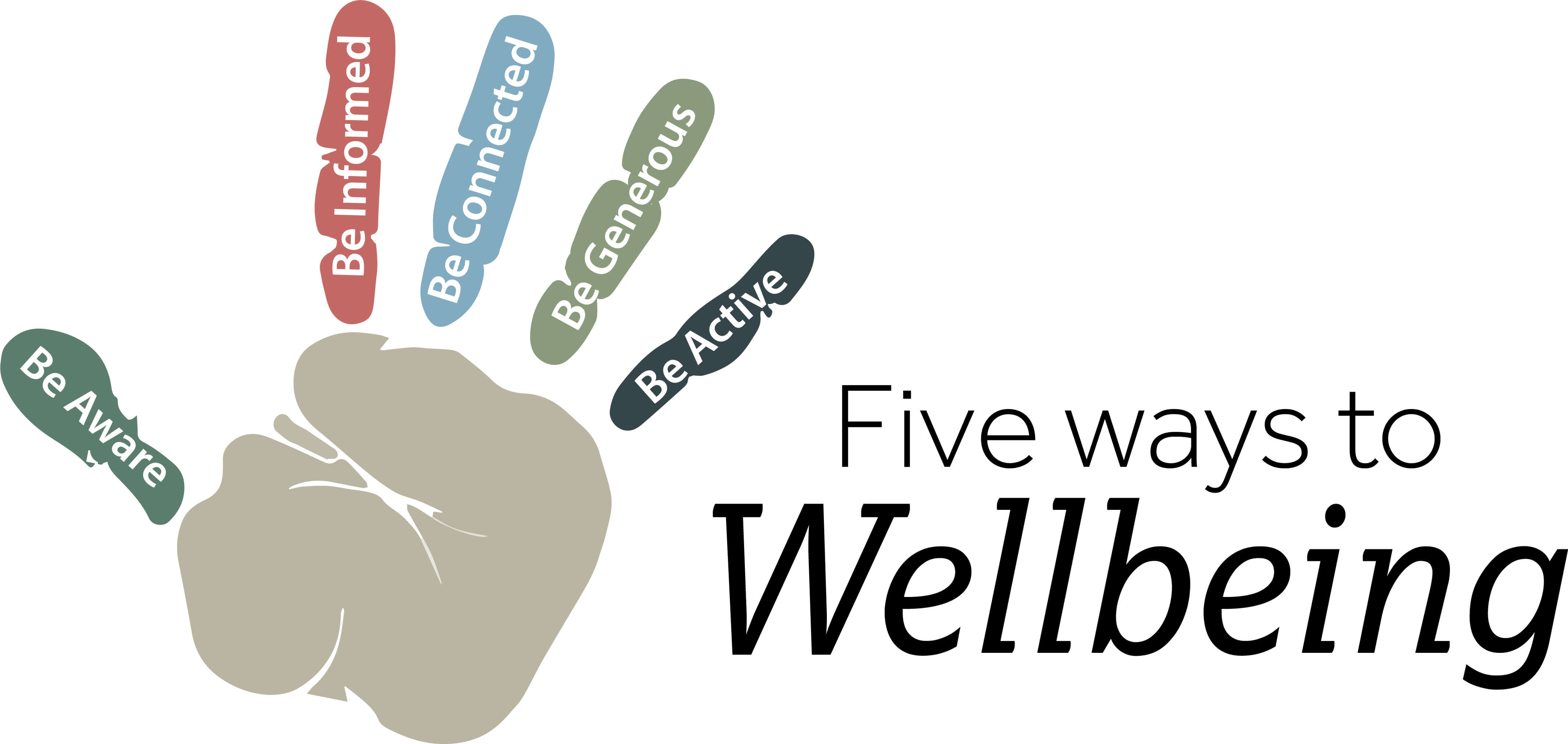Be Active
Being active is one of the five ways to wellbeing. Being physically active can help alter your mood, build your self-esteem, help you set goals and gain a sense of achievement. According to the mental health charity MIND, regular physical activity is associated with lower rates of depression and anxiety across all age groups, and can also slow age-related cognitive decline and promote overall wellbeing.
There are lots of different ways to be active, and whatever activity you choose, it doesn't have to be costly or intense for you to feel good. Don’t feel that you have to spend hours on actvities, for long term success, find activities you enjoy and integrate them into your life. Something as simple as going for a walk at lunchtime and exploring can get you out of the house/office, get some fresh air, and provide you with some exercise.
Browse this page and find out about how options to increase your physical activity, or take a smaller step to improve your wellbeing now.
If you have a physical disability and are not sure where to start, you might want to check out the NHS advise on getting active with a disability.
Small steps…
- Try desk yoga, tai-chi see video of Buduanjin, or desk exercises
- Talk to your colleagues about what they do to be active, perhaps you could join them on an activity virtually, or do something as a team
- Take up an indoor sport like ping pong
- Find free activities to help you get fit











